Corpus Christi Blog

Fraternal Correction
08-25-2024Weekly ReflectionJen Arnold, M.A.We often hear that we are to hate the sin and love the sinner. There are countless examples in the gospels where Jesus shows compassion and love to sinners while also pointing out their sins and urging them to repent. He loves people, but also promotes conversion and transformation by inviting them to follow him instead of their worldly desires. However, the phrase “hate the sin and love the sinner” has taken on a new and incorrect meaning in our modern world of: “Who are we to judge?” Because of this, it is becoming increasingly difficult to know how to talk to people about particular issues, often resulting in individuals keeping quiet to keep the peace. For this week’s reflection, I will be referencing Chapter 7 from a book entitled, 12 Life Lessons from St. Thomas Aquinas, in which author Kevin Vost, PSY.D., uses the writings of the great saint to explain why we are called to judge sin and how to do it in a way that is proper to loving the sinner called, “fraternal correction.”
READ MORE
Blessed Pier Giorgio Frassati
08-18-2024Weekly ReflectionJen Arnold, M.A.One of the things I love most about our Catholic faith is the wealth of examples of holy men and women provided by the Church’s canonized saints. No matter the differences in our personalities, circumstances, or gifts, we have a multitude of saints to whom we can relate for any number of reasons, and we never have to feel alone on our spiritual journey to holiness. Certain situations have come up throughout my life, when it seems a particular saint, sometimes one that is new to me, will try to get my attention. When this happens, I always try to respond and explore what the saint is trying to tell me with an open heart and mind. I often go down an exciting new path of prayer and devotion I had not anticipated, bringing me many graces. Such is the case with Blessed Pier Giorgio Frassati. After a brief biography, I would like to introduce you to the spirituality of my new friend.
READ MORE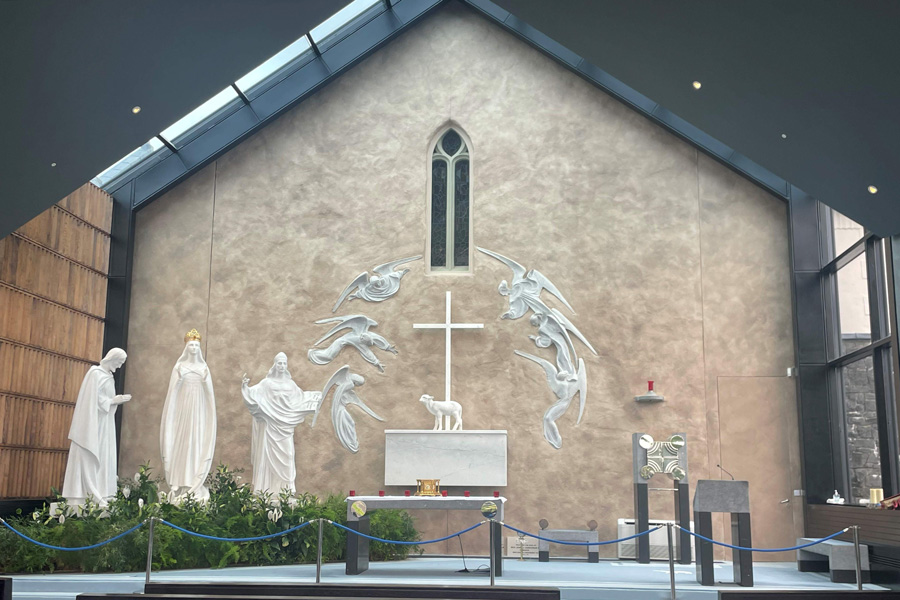
Our Lady of Knock
08-11-2024Weekly ReflectionJen Arnold, M.A.Earlier this summer, I had the opportunity to travel to Ireland with my mom. Our itinerary included a stop in the village of Knock, where Our Lady appeared on a rainy evening on August 21, 1879. While the apparition was investigated and approved by the Church, it remains less familiar than others like Fatima, Lourdes, and Guadalupe. With the feast of Our Lady of Knock occurring this week (August 17), I thought I would share a bit about the apparition itself and its message.
READ MORE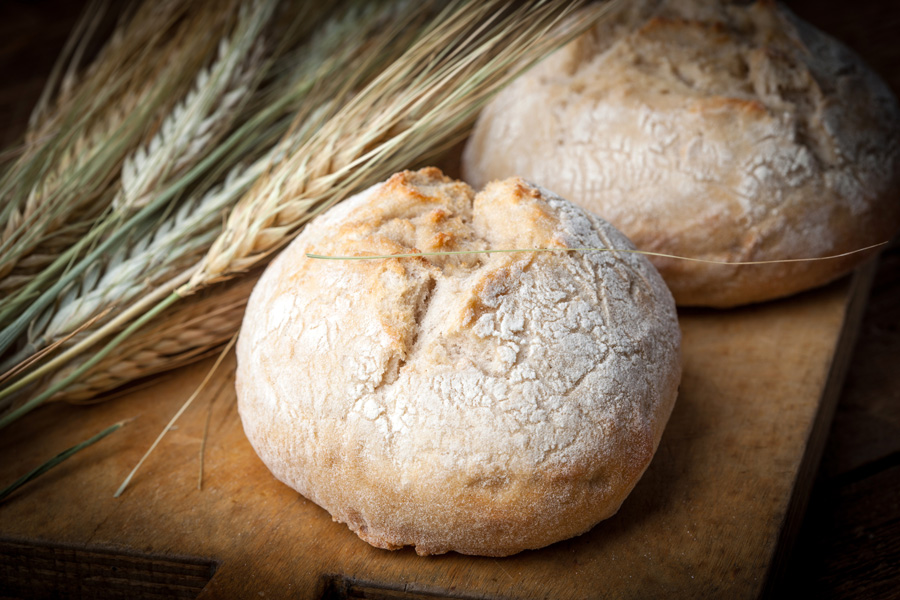
St. John Vianney’s Preaching on Authentic Repentance
08-04-2024Weekly ReflectionJen Arnold, M.A.Today, the Church celebrates the feast day of St. John Marie Vianney, so I thought it would be fitting to recognize him and pay him homage as an outstanding preacher.
St. John Vianney (1786-1859) lived through the French Revolution and its aftermath. It was a tumultuous time for France at large, but also specifically for the Catholic Church. The revolution carried a strong anti-Catholic sentiment with its objective of abolishing the Catholic monarchy. The Church was suppressed, and priests were forced to operate in secret under the threat of persecution and death. The bravery of these priests greatly affected St. John, and their heroic efforts helped to shape his own ministerial work as a priest. During the suppression of the Church, people lost broad access to the sacraments, Mass, and catechetical formation.
READ MORE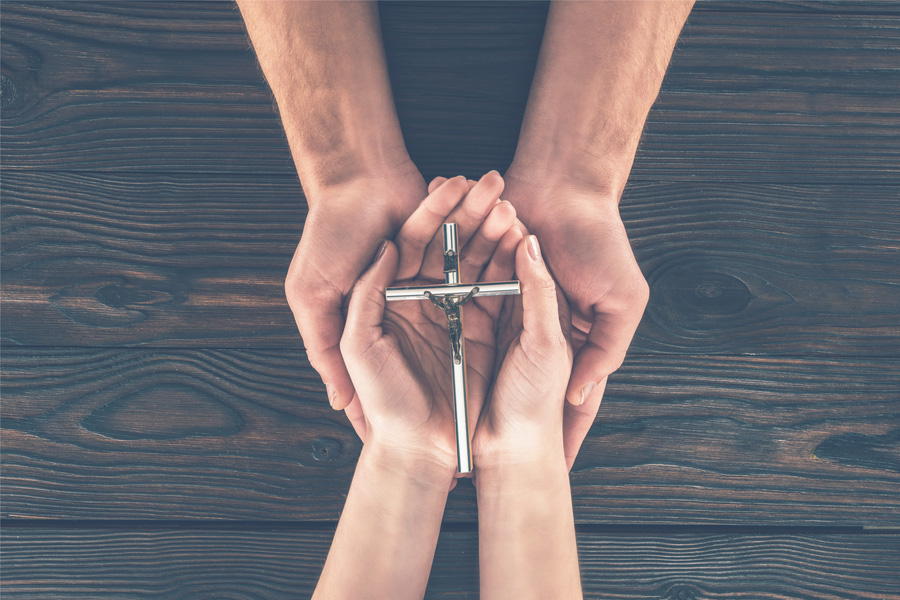
The Three Ways — Part 3: The Unitive Way
07-28-2024Weekly ReflectionJen Arnold, M.A.We've reached the third and final installment of this series about the Three Ways, in which a person moves through phases on a path to holiness, each phase bringing them closer to God and sainthood. The first phase, the purgative way, involves purifying your internal and external senses with mortifications and purging sin and attachments while cultivating the opposite virtues. Entering this phase requires a person to make intentional decisions that necessitate commitment, and the process of purgation can be frustrating and painful as individuals detach from worldly goods for the sake of higher spiritual goods.
READ MORE
The Three Ways — Part 2: The Illuminative Way
07-21-2024Weekly ReflectionJen Arnold, M.A.Last week, I began a series about “The Three Ways” – a practical process for growing in holiness and becoming a saint. Those who undertake this path will not only move through each of the three phases consecutively as they mature spiritually but also concurrently, as one can never be removed entirely from the foundational principles.
READ MORE
The Three Ways — Part 1: The Purgative Way
07-14-2024Weekly ReflectionJen Arnold, M.A.So be perfect, just as your heavenly Father is perfect.” (Matt 4:48)
Jesus tells us in no uncertain terms that we all are called to live a life of holiness, which means that we ought to intentionally strive to be saints daily. Of course, the temptation is to look at one's own life and think that obtaining the level of perfection and holiness of the Church's canonized saints is incredibly difficult, if not altogether impossible. If we decide we want to take this call to holiness seriously, we may still need help to answer it in the practical sense. Fortunately, the Church has a roadmap for our path to holiness called “The Three Ways,” which I will explain over the next three weeks.
READ MORE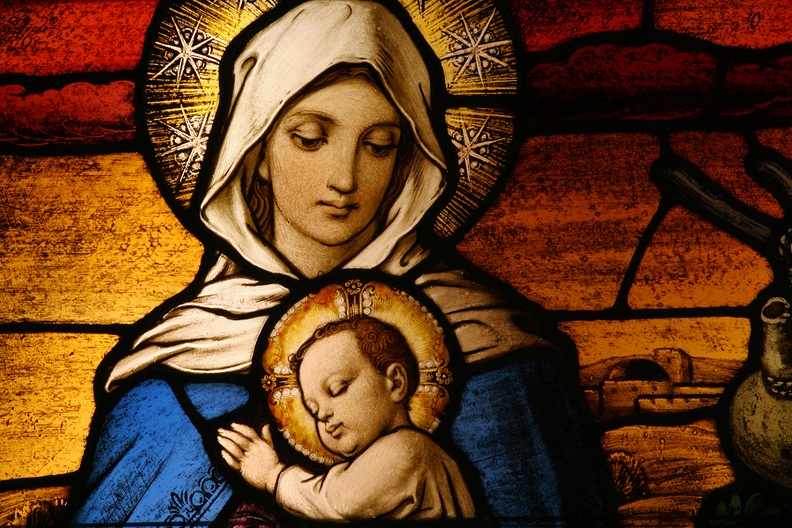
Mary as Mother of the Eucharist
07-07-2024Weekly ReflectionJen Arnold, M.A.During this time that the Church has set aside for focused energy on Eucharistic revival, I have made an effort to put many of our doctrines into the context of the Eucharist to shed light on how everything we believe directs us toward the Eucharist as the “source and summit of the Christian life.” Now, with the National Eucharistic Congress in Indianapolis just days away, I thought it might be time to reflect on the Blessed Mother’s relationship with the Eucharist. With titles such as Mother of the Eucharist, Mother of the Blessed Sacrament, and Our Lady of the Blessed Sacrament, the honor with which the Church regards Mary extends to her relationship with her Son in the Blessed Sacrament and is therefore worth exploring.
READ MORE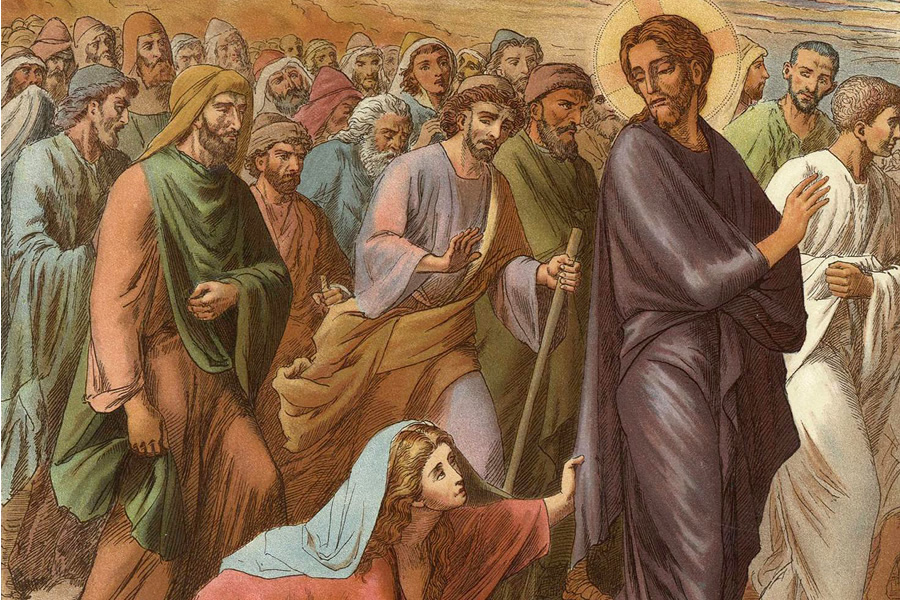
Covenants — Supernatural Familial Bonds
06-30-2024Weekly ReflectionJen Arnold, M.A.In our Catholic faith, we hear the word “covenant” quite a bit — Old Testament covenants with Noah, Abraham, and Moses; Jesus as the New Covenant; the Eucharist as a sign of the New Covenant; and the sacramental bond of holy matrimony as a covenant — to name a few. Covenant is a significant term for our Faith. Hence, we must have a proper understanding of what a covenant is, along with its implications, to understand our obligations within it better.
READ MORE
A State of Grace
06-23-2024Weekly ReflectionJen Arnold, M.A.The Catholic Church teaches about the true presence of Jesus Christ in the Eucharist and that the sacrament is the “source and summit” of our faith. If we give our assent to this teaching, and believe that the Blessed Sacrament contains the body, blood, soul, and divinity of our Lord, then we must necessarily concede that there are specific implications about how it ought to be received. Perhaps you have heard that we must “prepare ourselves” and be “in a state of grace” to receive communion, but what does that mean, and why is it important?
READ MORE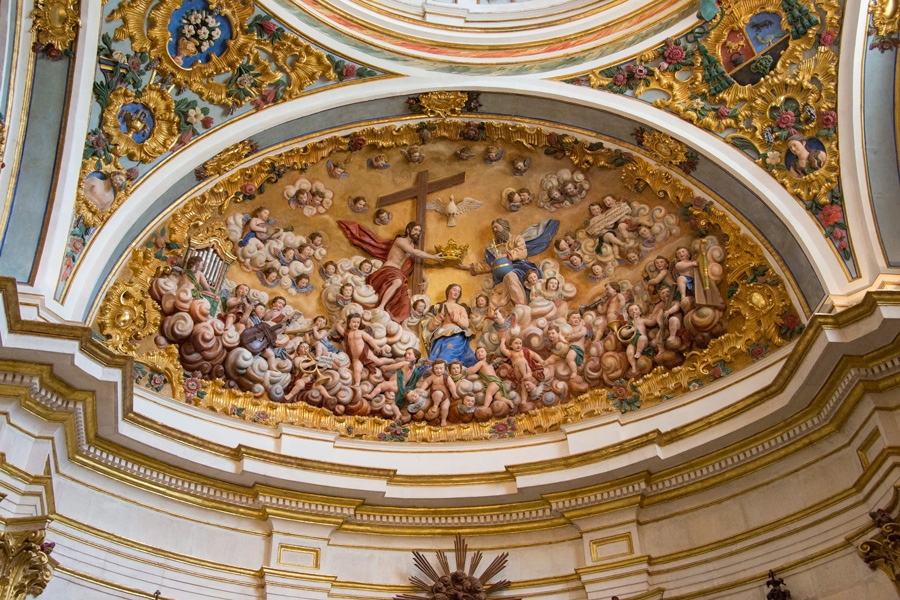
Who can be Saved?
06-16-2024Weekly ReflectionJen Arnold, M.A.The Catholic Church teaches the dogma of extra ecclesiam nulla salus, or “outside the Church, there is no salvation.” The Catholic Church is indeed the sole source of salvation for any soul hoping to go to heaven, but this truth has been the topic of much debate and confusion, making more than a few family gatherings uncomfortable at times. However, it does not mean that anyone who is not a formal member of the Catholic Church has no hope whatsoever of obtaining a place setting at the heavenly banquet. Let's look at the nuances of this teaching to help us navigate these conversations about how salvation is possible for anyone.
READ MORE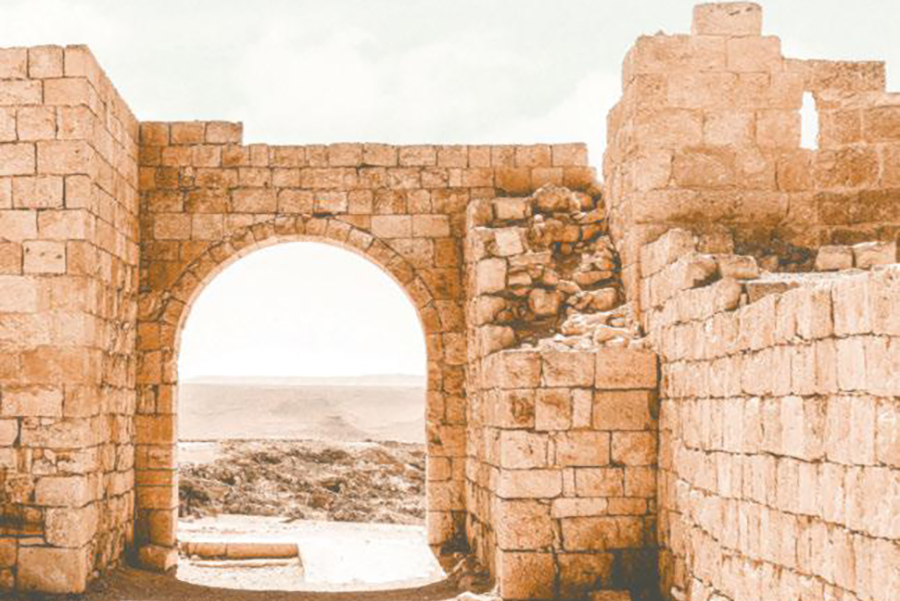
The Nature of Sin
06-09-2024Weekly ReflectionJen Arnold, M.A.In this Sunday’s first reading, we see the aftermath of the Fall as Adam and Eve hide from God in their shame and guilt. Of course, as we now live in a fallen world darkened by all kinds of sin, it is easy for us to wonder why it was so difficult for them to obey a straightforward command. Had they done so, they would have received the benefits of living in a perfectly harmonious world in union with God. This presents an excellent opportunity to explore the nature of sin, so we can be better equipped to navigate our own path to holiness. In 1981, Cardinal Joseph Ratzinger (the future Pope Benedict XVI) gave four homilies on the theology of creation, later published as a book entitled, In the Beginning… For this article, I will refer to the fourth homily in the series — “Sin and Salvation.”
READ MORE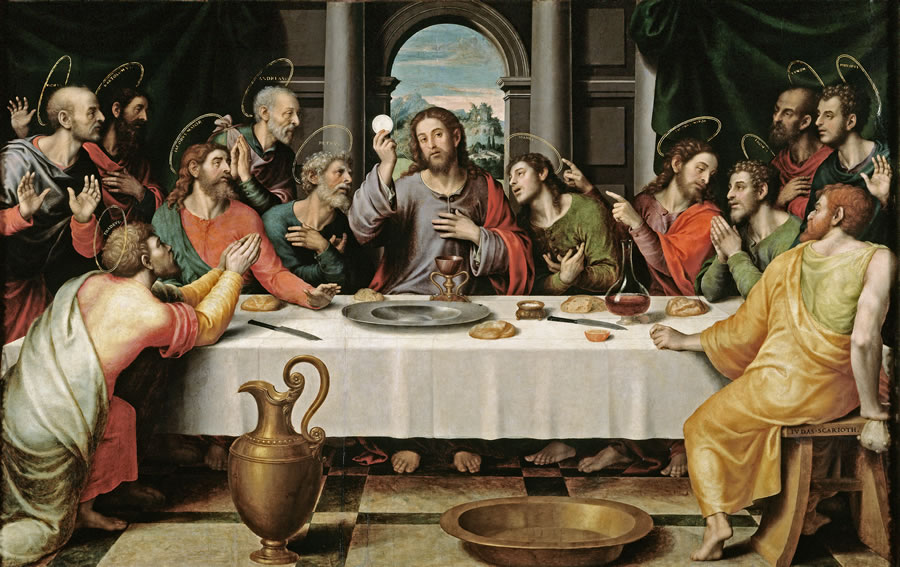
Answering Objections to the Eucharist
06-02-2024Weekly ReflectionJen Arnold, M.A.As we celebrate the Feast of Corpus Christ, also known as the Solemnity of the Most Holy Body and Blood of Christ, many of us are filled with joy and peace knowing that Jesus still lives and moves among us in the Sacrament of the Eucharist. Many of us have experienced healing, miracles, and grace through our devotion to the Blessed Sacrament and can attest to the reality of the true presence of Christ. After all, it's difficult to be healed by a piece of bread, so something else must be at work. Sadly, however, Pew Research surveys indicate that the vast majority of Catholics do not believe in the true presence anymore.